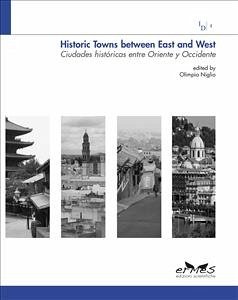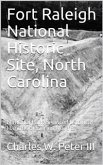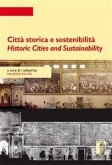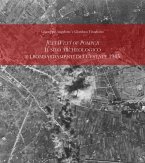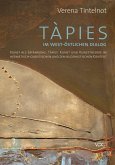The concept of “historic town” has been recognized in the West, since the nineteenth century. The historic town is a monument, a witness of history, of its communitarian development and social and economic culture. Within different cultures of the world the concept of “historic town” finds different interpretations and definitions. Particularly today, in the West as in the East, the “historic town” is a point of extensive debate on the possible dialogue between historic architecture and contemporary architecture. Certainly the “historic town” represents a cultural heritage where the word culture is a heritage of old and new ideas, a multicultural dialogue of large social values establishing a relationship between history and modernity.
Under this premise, the main objective of the monograph has been to investigate and explore the different cognitive approaches and methodologies to define the concept of the “historic town”, to plan its valorisation and most importantly its continuity into the future. The scientific contributions strongly highlight the different cultural approaches between the West and East as made evident through theoretical research, projects and construction.
Bitte wählen Sie Ihr Anliegen aus.
Rechnungen
Retourenschein anfordern
Bestellstatus
Storno

